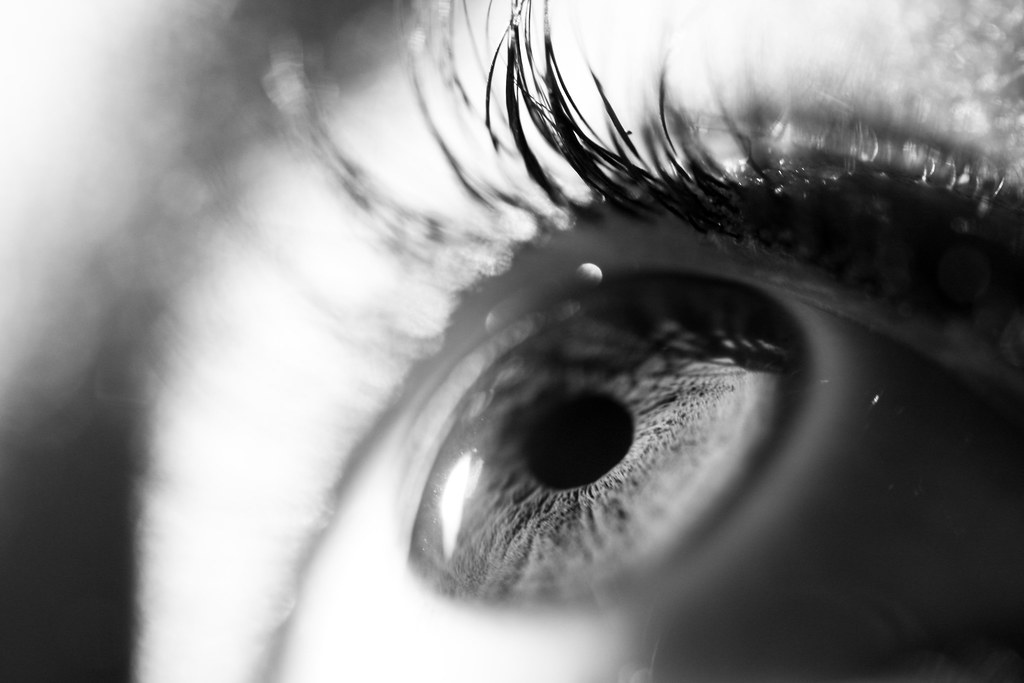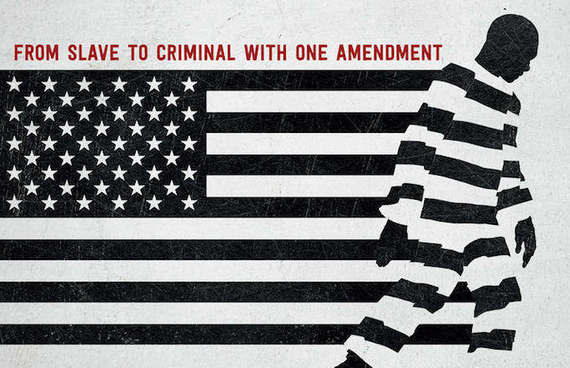Someone's probably talked about how it feels like fire. A million different ways, then, and this way was mine.
You've been walking a long, cold night, alone in the darkness. No gentler paths of interest but the gray, wide road underfoot and the shadows at its edges. It might be that you started walking the path with clothing: good, solid boots and long flannel and a hat to tug down around your ears when there's a chill. Or, if you hadn't begun the journey with them, maybe you'd fashioned your clothes along the way, and for a while they'd been enough. Then the seasons weathered them, and by pieces they fell away, and you still clutch some coverings about yourself, but they are not much against the chill, and you are cold and have forgotten what real warmth is, or perhaps you simply confuse the memory of it with the white iron that pinches your extremities, sometimes, until you shake out the offending limb and soldier on and the hotness of the deepest chill fades back to numbness, mostly.
You've been walking like this a long time. You've grown tired of walking often, or else regarded the value of the task to be unequal to its required effort. Sometimes you stop and stand in place, swaying slightly, looking with unfocused eyes upon the trees at the path's edge. Once in a while a particular tree will loom, suddenly solid and inviting and, if not colorful, still a shade of earth that differs from the indistinct, twilit dirt road you're tired of watching. You aren't sure why you like climbing trees so much. That uncertainty, so far, has kept you off the branches, on the path. Your noticing the trees is not a pleasant marker of time, then, but it's one you have, and you don't have much else, and it's cold.

This is where the fire comes in. You, walking in the cold, in the dark, seeing little, you still see, and at some nearly meaningless moment you step and then before your foot touches the ground there's a light in the distance, small and yellow-orange, and it's something against the blackness and your eyes, used to straining in the dim lightless-ness, gain a little focus, and looking becomes easier. More steps toward the light, and as you approach it, it grows, pulling you toward it, taking up more of your vision, so that long before it becomes the only thing you see your mind has begun discounting the rest of your surroundings, you do not need them. Your feet walk along the path, the gray dust underfoot somehow sparkling now, so lightly, against the flickering, lengthening light ahead. It's still your same old path, it ties you to the world, but also it's new. Have you seen it like this before? You do not linger overlong to wonder. You only walk, and your eyes are on the light getting bigger, and now the shadows are no longer at your edges, but instead trailing behind you, and now there's an entirely new sensation coming on. Like the focus of your eyes, you do not notice it at first, so taken are you now with the light gaining electric blue flashes and ombre reds, still moving with the yellow and orange and still one color at once and no color, just flame.
The other sense, though, it doesn't come like your eyes tightening, constricting, narrowing, it's something more languid and suffusing and rich, and it's coming on slower, and it's even more deeply intoxicating than the spot of white against the inky black of night, and it still comes on slow, but now you're walking faster. You recall trudging, not so long ago, you recall wet mud caked on your heels sucking you down into the path, but now the gray dust is shimmering with the colors of the approaching flame. You carry yourself more on your toes than your heels. You want to reach out to the fire and you extend your arm, yes, because now you're starting to take in more of the non-visual pull of the light. It feels like a new blanket and an old friend with the current of the shock of life running through it and you extend your arm out as you push yourself, not walking now, but a kind of slanted push against the ground with the arch of your foot propelling you forward, and the sensation you've been reaching for, it's warmth. You're getting warm. If your eyes leak with the longing of it, you hardly notice, you keep going, and the warmth, with the light, grows.
Now you're feeling altogether different then you were before, though you're still not lending much thought to it. The prickles in your fingertips and toes have echoed away. Your whole frame is thermal, consistent, enervated. Your breath is steaming the air when you exhale. You don't feel cold nearly at all. Occasionally you shiver, but you're not thinking of the cold when you do, only the heat, and the warmth, and the flame bobbing and sparking in the distance, getting closer, that you're bringing yourself closer to, too. At some point you're running, and you know it, and you haven't gone this fast down the path before, but isn't it something! You laugh. What a sound! You don't think about warmth and cold anymore, you just see the light, and you're close to it now and it's almost upon you and you sprint, laughing, glorious, arms outstretched toward the blinding brightness and heat, and you leap, and then you're in the fire.

Did you know you were going to leap into the fire? You certainly did not hesitate to head toward the flame, even in the distance, even when it was just a speck. You did not know, though, that you could leap until today. Now that you have leapt, you are not walking. Did you know that? There's so much kinetic energy in the fire, so much exultation, so much joyous chaos that you maybe did not realize your movements were in a circle. You and the flame, darting in and out amongst the poles of a merry-go-round, thinking them camouflaged trees of a new, engaging wood. You take turns riding the steeds. You will recall, later, how the flame against the glassy eye of your painted mount seemed lifeless and empty, once, when the light of the fire glanced off it just right. You'll remember how your heart skipped a beat for a minute, how something icy crackled outward, swiftly, like a sudden frost. At the time, you'll dismiss the thought, uncertainly. You'll blame yourself, and the path you used to walk, and call yourself foolish.
You are well and truly in the fire when you see, finally, that you have not been walking for some time. You have been standing, rapt, draped in fire, eyes closed and dreaming and soaking in the fire's warmth. For you it has been hearthstone embers. For you it has carried on a gentle crackle. Your eyes start awake one day, still encased in the flame's wake, to find it has moved itself some feet from you. You still soak in its aura, but you are not at its center. You chide the fire sweetly, stepping back into it, settling back down, until one day you awake and feel quite cold indeed. The fire is not there. It flitted off to feed on twigs, to grow, it said, for feeding you with warmth has taken the flame quite some energy. You smile again in the flame's center. The corners of your lips do not extend as high as before, but you do smile, you're certain of it. You feel it.

Some days, now, the fire is not warm, but hot. It becomes hotter than you can stand. You jump back and forth, foot to foot, landing briefly against cool ground before your soles are, again, consumed by fire. Strange, you think, how different the hottest heat feels. It reminds you, somewhere at the back of your mind, of cold. You have not seen a solid tree, too, in quite some time. Now you wonder if the hottest flames would still lick at and burn up the wide-set trunks, cut off the gnarled roots. In your mind's eye, you see the blue flames eat at the rough bark, bright but insubstantial, and the tree looms on.
What do you think, now, of the fire? What do you think of the darkness of before? The flames are bright in your eyes, and you cannot think, but in the cold you did not want to think and now you do. Your thoughts fill you, and sometimes they cool you down, and sometimes they feed the fire. You walk in place sometimes. You look off into the night. You look out and for the first time, the red flame surrounding you is transparent, both there and not. The flame has lost its viscosity. The night is there, still dark, a road you have not walked in a long time. You stand in the fire and watch the road for a long time.





 wait, no, nix the "n."
wait, no, nix the "n."